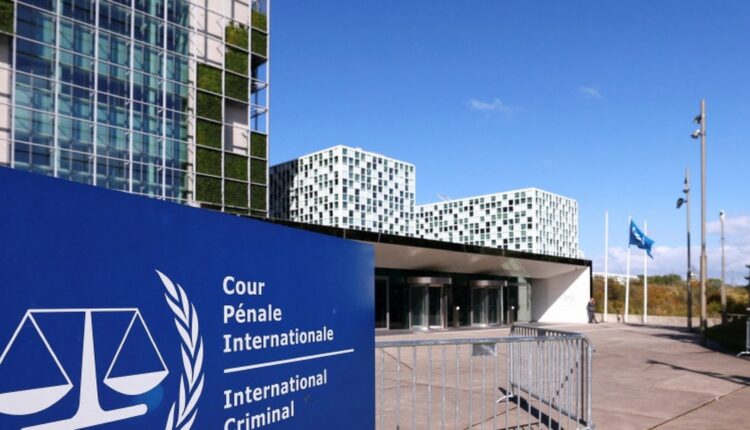Mali, Burkina Faso, Niger Quit ICC, Call It Tool of “Neocolonial Repression”
Military-led governments of Mali, Burkina Faso, and Niger have announced their withdrawal from the International Criminal Court (ICC), denouncing it as “a tool of neocolonial repression.”
The decision, made public in a joint statement on Monday, ends more than 20 years of membership in the court based in The Hague, Netherlands. It also underscores the deepening geopolitical shifts in West Africa’s Sahel region, which has witnessed eight coups between 2020 and 2023.
The three countries, already aligned under the Alliance of Sahel States after breaking away from the regional bloc ECOWAS, said the ICC had failed to deliver justice. According to their statement, the court was “incapable of prosecuting war crimes, crimes against humanity, crimes of aggression, and genocide.”
Mali, Burkina Faso, and Niger have recently distanced themselves from Western powers, curbing defense partnerships while strengthening ties with Russia.
The withdrawal comes as the three states continue to battle Islamist insurgents controlling large swathes of territory. Rights groups, however, have accused both militants and national forces of committing atrocities that may amount to war crimes.
The ICC has had an active investigation in Mali since 2013, focusing on abuses in the northern regions during militant takeovers. United Nations experts earlier this year reported allegations of civilian executions by Malian forces, warning such acts could constitute war crimes.
With their exit, Mali, Burkina Faso, and Niger join a small list of countries that have pulled out of the ICC, raising fresh questions about the court’s influence in conflict-torn regions.


